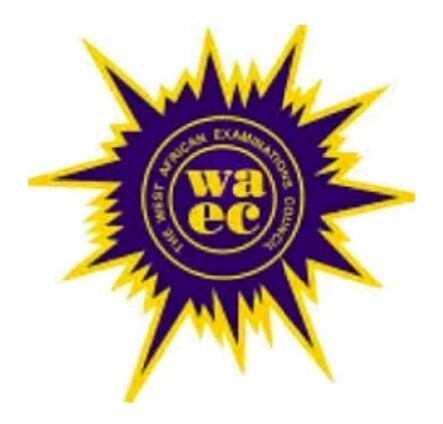Preparing for the WAEC examination requires a thorough understanding of the subjects you will be tested on.
In the case of Metal Work, the syllabus provided by the West African Examination Council (WAEC) serves as an invaluable resource.
This blog post aims to simplify and explain the Metal Work syllabus in simple English, providing a comprehensive guide for students to effectively prepare for the exam.
Metal Work Syllabus:
- General Safety in the Workshop:
- Learn about potential sources of accidents in the workshop and measures to avoid them.
- Understand personal safety and the use of safety clothing and equipment.
- Metals:
- Understand the physical and mechanical properties of metals.
- Differentiate between ferrous metals (e.g., pig iron, wrought iron, cast iron, steels) and non-ferrous metals (e.g., aluminium, zinc, copper, tin, lead) along with their alloys.
- Explore the uses of metals in various applications and how to select suitable metals for specific jobs.
- Gain knowledge about the production of metals, including extraction methods and refining processes.
- Hand Tools and Bench Work:
- Familiarize yourself with various hand tools used in metal work and learn their care and maintenance.
- Understand the use of measuring tools, such as steel rules, angle plates, and scribers.
- Develop skills in benchwork, including filing, chiselling, threading, and sawing.
- Learn the importance of tool maintenance and practice exercises involving care and maintenance.
- Heat Treatment of Metals:
- Understand the importance of heat treatment for metals.
- Learn about heat treatment processes like annealing, case hardening, hardening, tempering, and normalizing.
- Gain knowledge about the materials and equipment used for heat treatment.
- Explore the concept of tempering colors and temperature ranges and follow safety precautions.
- Hand Forging:
- Learn the principles of forging, including its definition, importance, and types (cold, hot, and drop forging).
- Familiarize yourself with forging tools and equipment, such as anvils, hammers, swages, and tongs.
- Develop skills in various forging operations, such as fullering, upsetting, bending, drawing down, punching, flattening, cutting, twisting, and swaging.
- Understand the safety precautions associated with forging.
- Foundry Work:
- Gain an understanding of the principles of casting, including its definition and importance.
- Learn about sand casting, including materials, equipment, processes, and core making.
- Identify different types of casting defects and their causes.
- Follow safety precautions during mould making and metal pouring.
- Metal Joining:
- Learn about temporary and permanent metal joining processes.
- Understand common fasteners like bolts, nuts, pins, and screws and their identification and uses.
- Gain knowledge about soft soldering, hard soldering, gas welding, electric arc welding, and riveting.
- Practice making joints using appropriate tools and equipment and follow safety precautions.
- Sheet Metalwork:
- Understand the selection of materials for sheet metalwork, including low carbon sheet, galvanized sheet, tin plate, copper, aluminium, and brass.
- Familiarize yourself with the tools and equipment used in sheet metalwork.
- Learn pattern development and cutting techniques.
- Gain skills in basic fabrication processes and different types of joints and joining methods.
- Follow safety precautions while working with sheet metal.
- Machine Tools and Processes:
- Explore various machine tools and their operations, such as drilling, grinding, power sawing, lathe turning, and shaping.
- Understand the parts and functions of machines and the tools used with them.
- Learn about cutting lubricants and coolants, along with care, maintenance, and safety precautions.
- Finishes and Decorative Processes:
- Identify different types of finishes and decorative processes, such as polishing, buffing, planishing, plating, etching, and enameling.
- Learn how to apply finishes to projects.
- Design:
- Develop skills in problem identification and definition.
- Generate possible solutions through investigation and selection of the best solution.
- Understand freehand sketching, working drawings, prototype development, testing, and production.
Conclusion
Studying the Metal Work subject and following the WAEC syllabus is crucial for exam preparation.
By familiarizing yourself with the aims, objectives, and topics outlined in the syllabus, you will gain the necessary knowledge and skills to pursue further education in science and technology.
Remember to utilize the recommended textbooks and practice hands-on exercises to enhance your understanding of metal work concepts.
With proper preparation, you will be well-equipped to excel in your Metal Work examination and lay a solid foundation for future endeavors in the field. Good luck!






